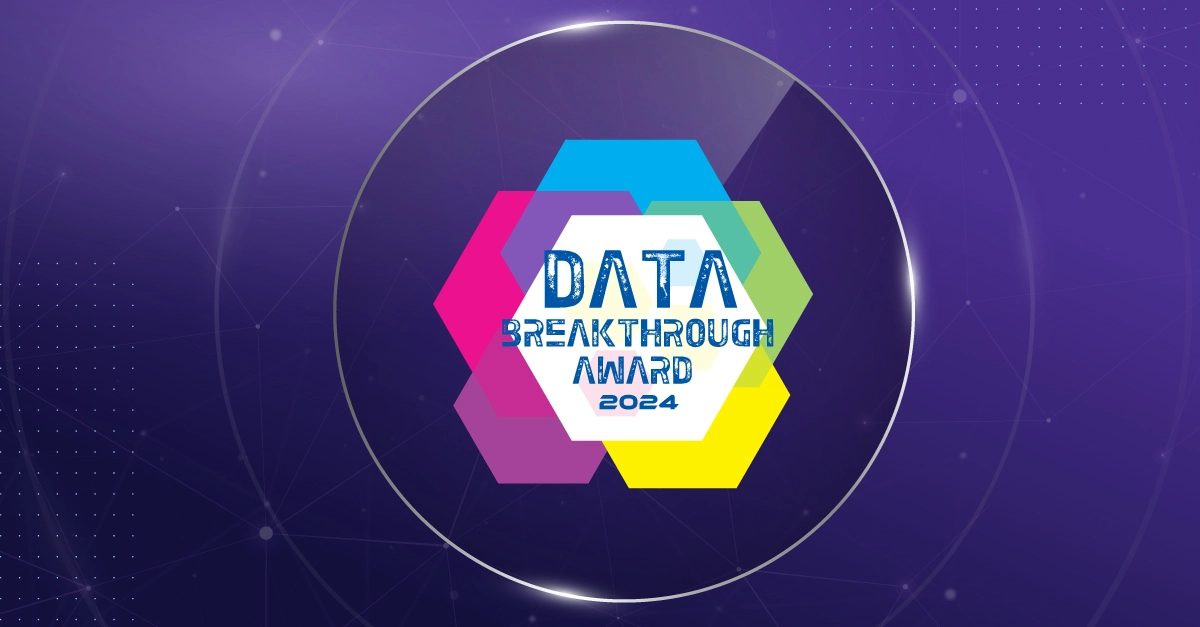Data security and data privacy are terms that are often used interchangeably, but they represent very distinct aspects of data management. As a leading provider of data intelligence and insights on consumer behavior, Azira takes privacy very seriously and is always striving to keep consumer identity and our customer’s data secure and most importantly, private. That leads us to the question:
How is data privacy different from data security?
Data security refers to protecting data from unauthorized access, cyber threats, and more, while data privacy concerns the ethical and responsible use of personal information. For example, a data secure process means data is held in a secure location only accessible to certain individuals, but even so, it need not be anonymized to be considered secure. On the other hand, data privacy measures ensure that all personally identifiable data (PII) is anonymized and encrypted to ensure nobody can use it to identify or track an individual.
To visualize it
Data Security
Data is
anonymized
Data is moved to a
secure location
Data is de-anonymized for
specific
users to run queries and tests
Data Privacy
Data is
anonymized
Data is moved to a
secure location
Access and queries are run
on anonymized data
To explain with an analogy, a journalist can provide either data security or privacy to their sources. With data security, the journalist knows the source’s identity, which means there is an inherent risk of exposure or data leak even if the information is in the hands of only one person. On the other hand, if a source is anonymous, they do not face the risk of exposure as their identity is known to no one, even the journalist.
At Azira, we prioritize data privacy not only for ethical and legal reasons but also to foster trust and enable innovation. As a privacy-first company, Azira respects the rights of consumers and does not use data from individuals who have opted out of sharing their data. Data privacy, therefore, is not limited to protecting data from external threats; it also ensures that data is used responsibly and transparently, respecting our principle of privacy by design.
Moving Towards Data Privacy
Historically privacy compliance and data utility have had an inverse relationship – increasing privacy compliance decreases data utility while maximizing data utility compromises privacy. At Azira, we are hard at work building next-generation tools that overcome this trade-off, enabling both data utility and data privacy. This makes data privacy a strategic move for businesses worldwide rather than an ethical concern. This is especially important in today’s world as consumers increasingly adopt digital channels for shopping, entertainment, and more.
Let’s take a look at the strategic advantages of moving toward data privacy:
Innovation is at the core of how Azira approaches its products and platforms and building for data privacy has enabled us to be more creative and resourceful in our approach. We are always looking for ways to maximize data utility while not compromising on privacy.
As we navigate the future of the data intelligence landscape, it is essential that businesses recognize that data security and data privacy are not mutually exclusive concepts. By being an early adopter and maximizing both, businesses will be poised to win in an increasingly data-driven world.



